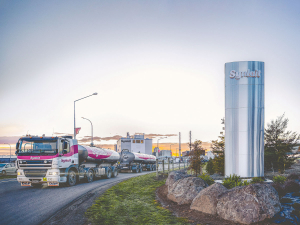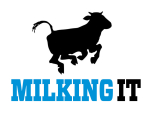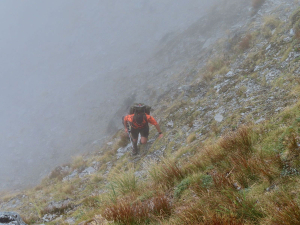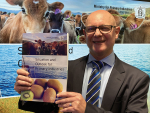OPINION: A $130 million loan from major shareholder Bright Dairy will only keep the lights on at Synlait for so long.
The listed company urgently needs to sell off its under-utilised assets in the North Island, notably a $260m processing plant at Pokeno, to meet banking covenants and reduce debt.
Synlait’s share price dropped to around 38c/share last week, valuing the company at only $85 million. This means there will be little appetite from shareholders – including a2 Milk Company which holds a 20% stake in the company – to take part in a capital raise.
Now Synlait faces a new problem: many of its farmer suppliers want to walk away. They have issued cessation notices. A silver lining is that farmers need to give Synlait two years notice. While this buys the milk processor time to steady the ship, some think it could be too little, too late for Synlait.
The company says the cessation to supply notices from a “significant majority” were not a surprise given its current performance.
“Farmer suppliers have signalled they want to see Synlait’s balance sheet deleveraged so advanced rates can be lifted further, and submitting a cessation notice provides an option, rather than a clear intention to sign with other processors,” it says.
The next few months will be crucial for Synlait. The short-term outlook isn’t looking great. In April, Synlait reported a $96 million half-year loss. Last week it signalled full-year earnings will be at the lower end of its $45m-$60m range, before expected one-off charges.
Synlait has been hit by high costs, falling sales, the need to repay debt and a row with its major customer A2 Milk, as well as being unable to sell its consumer dairy products business Dairyworks, which it has valued at $120m. The board and management remain confident of steering the company through the current storm.
However, things look to get worse before it will get better for Synlait.


















